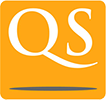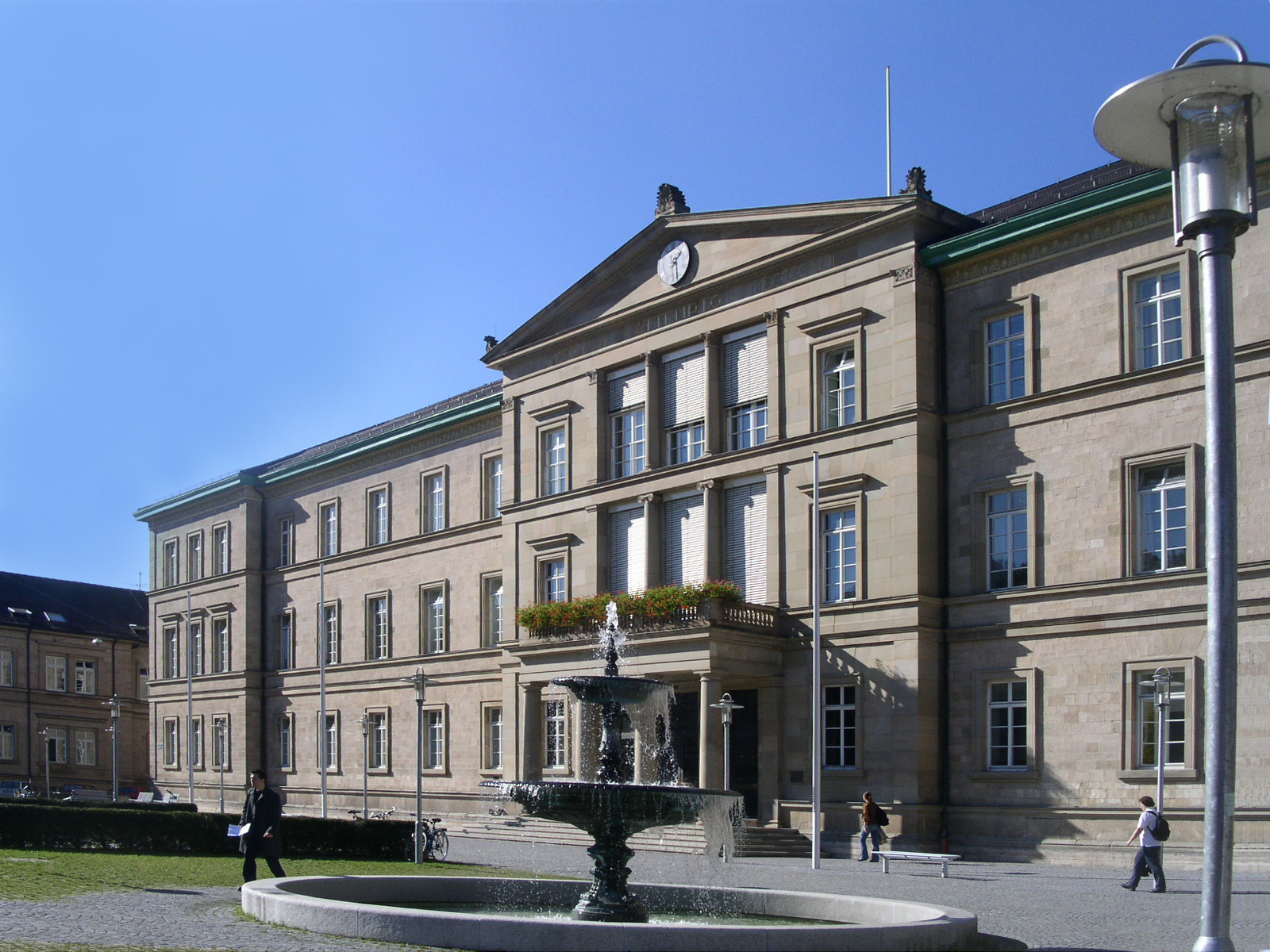
University of Tubingen
Tubingen , Tubingen , Germany
- Founded: 1477
- Establishment: University
- Type: Public
- Total Students: 27436+
University of Tubingen
The University of Tubingen , officially the Eberhard Karl University of Tubingen ( German : Eberhard Karls Universität Tubingen ; Latin : Universitas Eberhardina Carolina ), is a public research university located in the city of Tubingen , Baden-Württemberg , Germany.
The University of Tübingen is one of eleven German Excellence Universities. The University of Tübingen is especially known as a centre for the study of medicine, law, archeology, ancient cultures, philosophy, theology and religious studies, as well as more recently as center of excellence for artificial intelligence. The university's noted alumni include presidents, EU Commissioners, judges of the Federal Constitutional Court, and Pope Benedict XVI. The university is associated with eleven Nobel laureates, especially in the fields of medicine and chemistry.
The University of Tübingen was founded in 1477 by Count Eberhard V (Eberhard im Bart, 1445–1496), later the first Duke of Württemberg, a civic and ecclesiastic reformer who established the school after becoming absorbed in the Renaissance revival of learning during his travels to Italy. Its first rector was Johannes Nauclerus.
Its present name was conferred on it in 1769 by Duke Karl Eugen who appended his first name to that of the founder. The university later became the principal university of the kingdom of Württemberg. Today, it is one of nine state universities funded by the German federal state of Baden-Württemberg.
The University of Tübingen has a history of innovative thought, particularly in theology, in which the university and the Tübinger Stift are famous to this day. Philipp Melanchthon (1497–1560), the prime mover in building the German school system and a chief figure in the Protestant Reformation, helped establish its direction. Among Tübingen's eminent students (and/or professors) have been the astronomer Johannes Kepler; the economist Horst Köhler (President of Germany); Joseph Ratzinger (Pope Benedict XVI), poet Friedrich Hölderlin, and the philosophers Friedrich Schelling and Georg Wilhelm Friedrich Hegel. "The Tübingen Three" refers to Hölderlin, Hegel and Schelling, who were roommates at the Tübinger Stift. Theologian Helmut Thielicke revived postwar Tübingen when he took over a professorship at the reopened theological faculty in 1947, being made administrative head of the university and President of the Chancellor's Conference in 1951.
The university rose to the height of its prominence in the middle of the 19th century with the teachings of poet and civic leader Ludwig Uhland and the Protestant theologian Ferdinand Christian Baur, whose circle, colleagues and students became known as the "Tübingen School", which pioneered the historical-critical analysis of biblical and early Christian texts, an approach generally referred to as "higher criticism." The University of Tübingen also was the first German university to establish a faculty of natural sciences, in 1863. DNA was discovered in 1868 at the University of Tübingen by Friedrich Miescher. Christiane Nüsslein-Volhard, the first female Nobel Prize winner in medicine in Germany, also works at Tübingen. The faculty for economics and business was founded in 1817 as the "Staatswissenschaftliche Fakultät" and was the first of its kind in Germany.
Starting with the late 1990s at Tübingen University, the foundation work with mRNA-based substances (e.g. for cancer treatment and vaccines) were laid in the groups of H.-G. Rammensee and G. Jung which led through the Ph.D. work and later research of Ingmar Hoerr eventually to COVID-19 vaccine programs by BioNTech, Moderna and Curevac.
Important Facts
The numbers refer to 2020:
- 7 Collaborative Research Centers
- 4 Collaborative Research Centers Transregio
- 9 graduate colleges of the German Research Foundation
- 48 ERC grants
- 24 Starting Grants
- 10 Consolidator Grants
- 10 advanced grants
- 2 Synergy Grants
- 2 proof of concept grants
- 5 Humboldt Professorships
- 32 habilitations
- 688 doctorates
- Over 200 courses from Egyptology to dentistry
- Innovative courses such as machine learning, medical technology, molecular medicine, geoecology, nano-science, media informatics, sports management and Islamic theology
- International courses such as Neuroscience and Behavioral Science, Computational Linguistics, Applied & Environmental Geoscience, International Economics and Business Administration
Number of students :
The numbers refer to WS 20/21.
- 27,436 students
- 16,133 female students (59%)
- 5,332 first-time or newly-registered people
- 3,622 international students
International partner
- 3 branch offices in East Asia
- 8 partner universities in the university alliance "CIVIS - A European Civic University"
- 20 partner universities in the network "The Guild of European Research-Intensive Universities"
- 6 partner universities in the "Matariki" research network
- 364 partners within Europe
- 208 partners outside Europe
Ranking / Awards
In 2019, Tübingen was ranked 6th worldwide and 1st nationwide in the fields of theology and religious studies by QS World University Rankings. In the Times Higher Education World University Ranking (2021), Tübingen was ranked 24th worldwide and 3rd nationwide in arts and humanities.
Features
-
Ranking: 78

-
Ranking: 222

- Type of Accommodation: On Campus,Off Campus
Financials
Marketing Material
Contact Information
- Geschwister-Scholl-Platz, 72074 Tubingen, Germany
- To know more contact PSA toll free number 18002585772
Programs Offered
Astro and Particle Physics - Master
- Length 02 Year
- Total Tuition Fee 6000 EUR
- Application Fee N/A
- Average processing time 20 days

